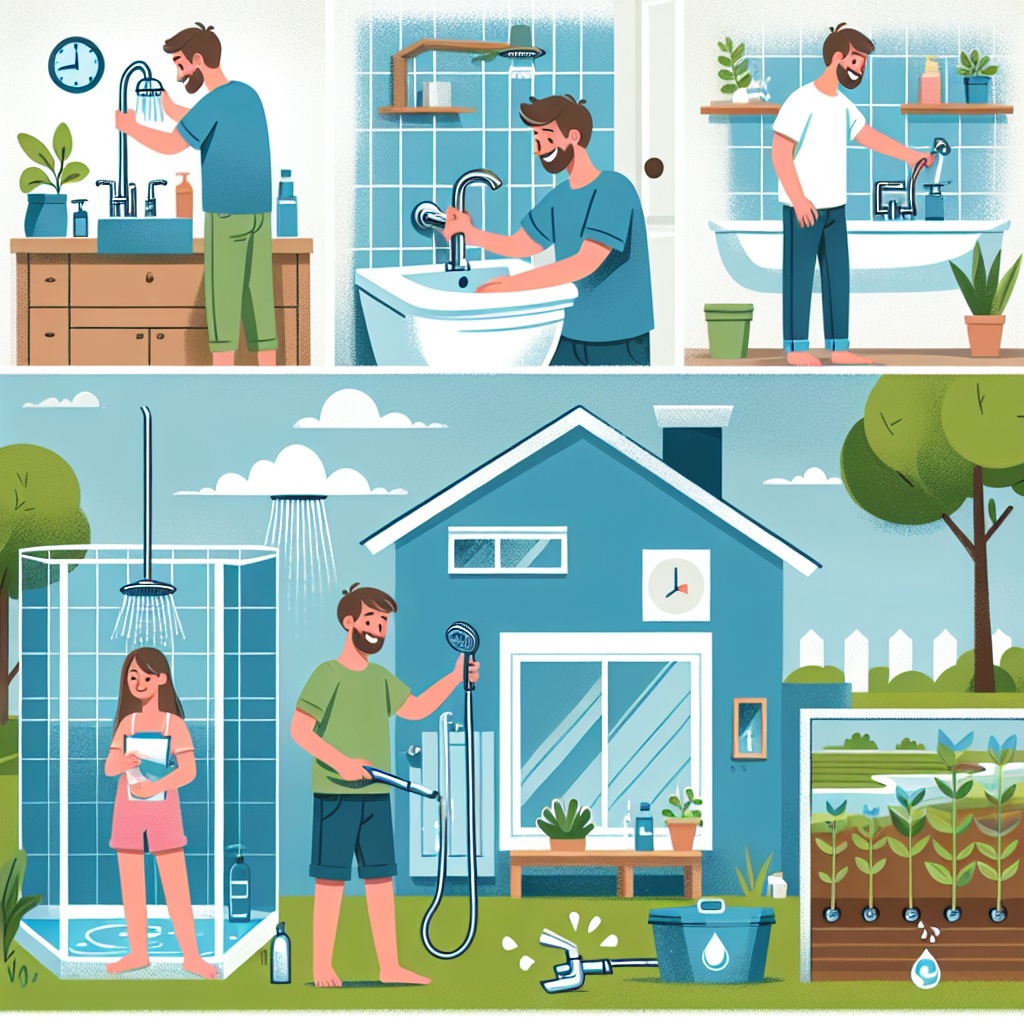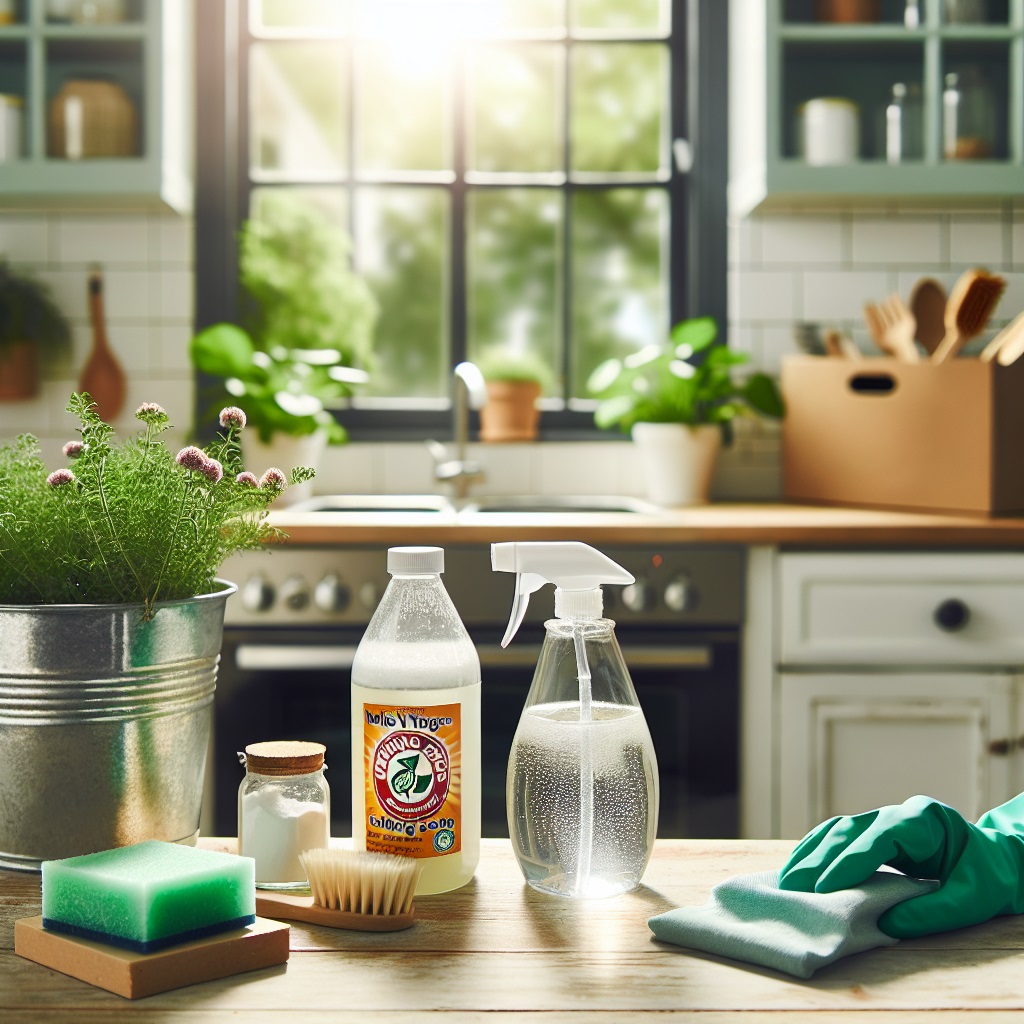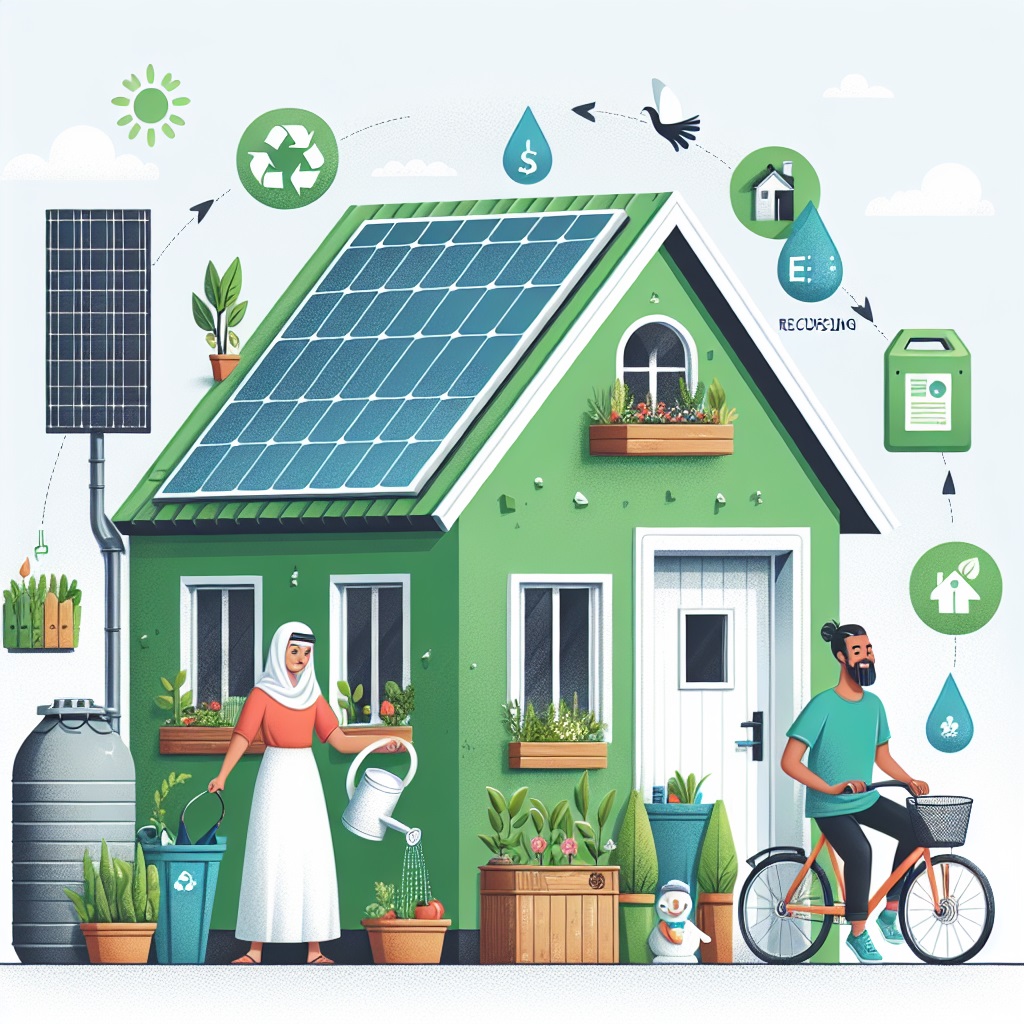Introduction
Imagine a world where every small action you take contributes to a healthier planet. For eco-conscious consumers, sustainable lifestyle enthusiasts, and everyday environmentalists, this isn’t just a dream—it’s a movement. This guide will walk you through practical tips for incorporating sustainability into your daily life, touching on aspects like health, energy conservation, and reducing waste. By the end of this article, you’ll have actionable steps to make a positive impact on the environment.
The Importance of Sustainable Living
Sustainable living isn’t just a trend—it’s a necessity. With climate change posing a significant threat to our planet, it’s crucial to adopt habits that minimize our carbon footprint. Sustainable living helps conserve resources, support biodiversity, and create a healthier living environment. By making small changes, you contribute to a larger, collective effort towards a sustainable future.
Health Benefits of Sustainable Living
Living sustainably often goes hand-in-hand with a healthier lifestyle. Consuming organic produce, reducing exposure to harmful chemicals, and incorporating physical activity are just a few ways that sustainable habits can improve your health. For example, opting for locally-sourced, organic foods can reduce your intake of pesticides and boost your nutrient levels. Sustainable practices like cycling or walking instead of driving can also increase your physical activity, leading to better overall health.
Energy Conservation at Home
Energy conservation is a key component of sustainable living. Simple actions like turning off lights when not in use, using energy-efficient appliances, and insulating your home can significantly reduce your energy consumption. Additionally, consider investing in renewable energy sources such as solar panels. Not only do these actions lower your carbon footprint, but they also save you money on utility bills.

Read More👉 7 Foods to Avoid While Taking Strattera
Reducing Water Usage
Water is a precious resource that we often take for granted. Sustainable living involves adopting habits that conserve water, such as fixing leaks, using low-flow showerheads, and collecting rainwater for gardening. These small changes can make a big difference in reducing your water footprint. Simple steps like turning off the tap while brushing your teeth or taking shorter showers can conserve gallons of water daily.
Waste Reduction and Recycling
Reducing waste is a fundamental aspect of sustainable living. Start by minimizing single-use plastics and opting for reusable alternatives. Composting organic waste and recycling materials like paper, glass, and metal can significantly reduce the amount of waste that ends up in landfills. For example, using a reusable water bottle instead of disposable ones can prevent hundreds of plastic bottles from polluting the environment each year.
Sustainable Transportation Options
Transportation is a major contributor to greenhouse gas emissions. Opting for sustainable transportation options like biking, carpooling, or using public transit can drastically reduce your carbon footprint. If possible, consider electric or hybrid vehicles, which are more energy-efficient and produce fewer emissions compared to traditional gasoline-powered cars.
Sustainable Fashion Choices
The fashion industry is notorious for its environmental impact. To live more sustainably, consider adopting a minimalist wardrobe, buying second-hand clothes, and supporting brands that prioritize ethical and sustainable practices. Look for certifications like Fair Trade, organic, and eco-friendly. For instance, choosing clothes made from organic cotton or recycled materials can significantly reduce your environmental impact.

Read More👉 What to Eat After a Colonoscopy: A Guide to a Healthy
Eco-friendly Home Cleaning
Conventional cleaning products often contain harmful chemicals that can pollute the environment and affect your health. Replace these with eco-friendly alternatives like vinegar, baking soda, and castile soap. These natural cleaners are effective, safe, and much kinder to the environment. Making your own cleaning solutions can also reduce packaging waste and save money.
Sustainable Gardening Practices
Gardening can be a rewarding and sustainable hobby. Use native plants that require less water and maintenance, and employ organic gardening methods to avoid harmful pesticides and fertilizers. Composting kitchen scraps to enrich your soil is another excellent way to practice sustainability. Growing your own vegetables and herbs can reduce your reliance on store-bought produce, lowering your carbon footprint.
Mindful Consumption
Mindful consumption involves being aware of the environmental impact of your purchases. Before buying something, consider whether you really need it and if there are more sustainable options available. This mindset can help reduce waste and promote a more sustainable lifestyle. For example, choosing products with minimal packaging or those made from recycled materials can make a significant difference.
Supporting Local and Sustainable Businesses
Supporting local and sustainable businesses is a powerful way to promote sustainability. These businesses often prioritize eco-friendly practices and contribute to the local economy. By choosing to buy from them, you’re not only getting high-quality products but also supporting a sustainable community. Look for farmer’s markets, local craft fairs, and businesses with sustainable certifications.

Read More👉 How to Get Rid of Garlic Breath? Home Remedies and Tips
Educating Others About Sustainability
One of the most impactful ways to promote sustainable living is by educating others. Share your knowledge and experiences with friends, family, and your community. Use social media platforms to spread awareness and inspire others to adopt sustainable practices. Education can drive collective action, significantly amplifying your efforts toward a more sustainable world.
Conclusion
Sustainable living is more achievable than you might think. By incorporating these practical tips into your daily routine, you can make a significant impact on the environment. From conserving energy and water to mindful consumption and supporting local businesses, every small action counts. Start today and play your part in building a more sustainable future.
For those keen to take their sustainable living practices to the next level, consider booking a consultation with our eco-experts. They can provide personalized advice tailored to your lifestyle, helping you make even more sustainable choices. Let’s work together to create a healthier planet for future generations.

